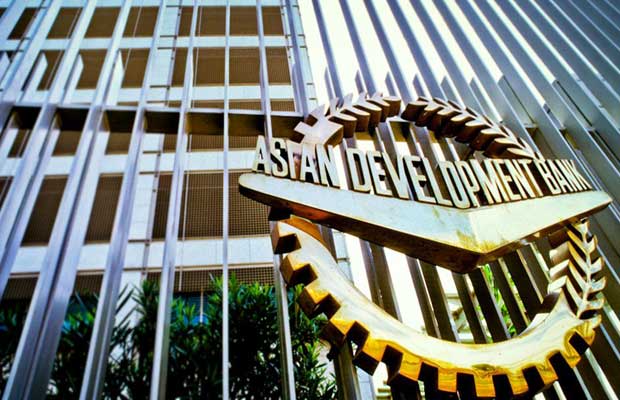

The Asian Development Bank (ADB) has approved a loan of USD 250 million as part of an assistance package to Energy Efficiency Services Limited (EESL), a public sector energy service company, to expand energy efficiency investments in India.
“India’s energy efficiency potential is largely untapped—amounting to possible energy savings of about 17 percent of the country’s total power generated in the financial year 2019,” said Jiwan Acharya, principal energy specialist at ADB. “The project will adopt proven energy-efficient technologies to reduce electricity network losses and reduce greenhouse gas emissions.”
India has seen strong economic expansion over the last decade and a half, a period in which carbon dioxide emissions from fuel combustion have outpaced economic growth, reaching more than 2 billion tons in 2016, compared to 890,000 tons in 2000. The country is still largely dependent on fossil fuels, particularly coal power.
The government has recognized the need to achieve more sustainable economic growth while reducing carbon emissions. The country is aiming to achieve 175 gigawatts of renewables by 2022 from about 80 gigawatts as of August 2019. Under the COP21 Paris Climate Agreement, India pledged to reduce the energy intensity of its economy by 33 percent to 35 percent from 2005 levels by 2030. But the government faces various regulatory, institutional, financial, and consumer barriers to achieving these targets.
ADB previously approved a loan to EESL in 2016 for the Demand Side Energy Efficiency Sector Project, which focuses on efficient lighting and appliances. EESL is also implementing similar projects by KfW of Germany, Agence Française de Développement, and the World Bank.
The new ADB project is a sector loan guaranteed by the Government of India, allowing for the undertaking of sub-projects with high readiness and inclusion of newer sub-projects as they are developed. Activities to be undertaken by EESL in eligible states include energy efficiency opportunities not targeted by traditional energy service company investments, such as smart meters, distributed solar photovoltaic systems, and electric vehicles.
The project will also promote awareness of the benefits of using energy-efficient technologies among stakeholders. Awareness campaigns will engage local organizations in knowledge-sharing and training, with a focus on women electricity consumers. Capacity building for electricity distribution, regulatory agencies, and other government bodies will also be carried out. The total cost of the project is USD 592 million, of which the Clean Technology Fund will provide USD 46 million, to be administered by ADB, and the EESL will contribute USD 296 million.
Source: Saurenergy.com
1. The mandate for blending Compressed Biogas (CBG) with natural gas has come into effect…
Andhra Pradesh is striving towards greening its energy sector with quite some speed. In a…
With an objective to bolster India’s green energy goals, a Tripartite Agreement has been signed…
The Union MNRE Minister Pralhad Joshi launched the Green Hydrogen Certification Scheme of India (GHCI)…
India’s energy conglomerate Bharat Petroleum Corporation Limited (BPCL) has commissioned a 5MW green hydrogen plant…
In a historical development, the European Space Agency (ESA) has successfully launched its pioneering ‘Biomass’…